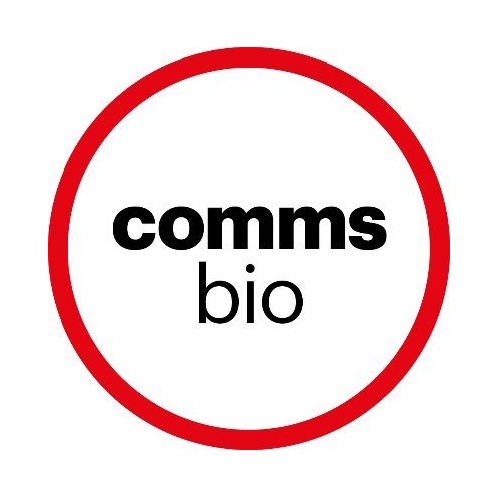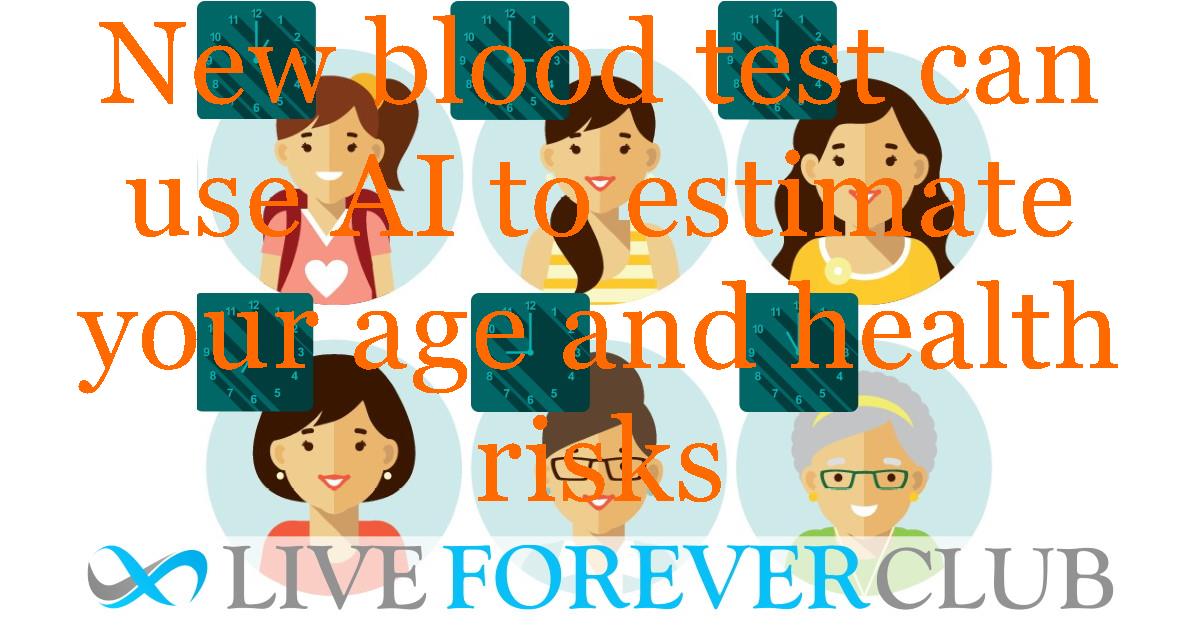Biological age is a metric that gauges how one's physiological ageing compares to their chronological age. This assessment relies on various biological markers, including clinical indicators detectable in the bloodstream. The ease of access and affordability of blood-based markers renders them a practical choice for widespread applications.
In a recent research, scientists from Imperial College London, London, UK created a novel machine learning model engineered for the estimation of biological age. This model was developed using a dataset that incorporated over 300,000 participants from the UK Biobank. Notably, the model's performance surpassed that of the previously established PhenoAge model, renowned for its utilisation of blood-based biomarkers in biological age estimation.
Additionally, the researchers demonstrated that their model could deliver cost-effective biological age assessments even when employing a reduced set of biomarkers, augmenting its potential for practical implementation in clinical contexts.
Technical Insights
To estimate biological age, the research team employed two machine learning models, specifically the Cox proportional-hazards model with Elastic-Net penalty (ENC) and a Random Survival Forest (RSF). After thorough evaluation, the ENC model emerged as the preferred choice due to its marginally superior C-Index performance on the test dataset.
The ENC model's training dataset incorporated data from 57 blood-based biomarkers and all-cause mortality records from 306,116 participants in the UK Biobank. A stability selection methodology was applied to identify the 25 most influential biomarkers in predicting mortality risk.
Subsequently, the researchers assessed the ENC model's performance on a test dataset comprising 22,983 participants from Scotland. The model demonstrated a commendable C-Index of 0.778, clearly outperforming the PhenoAge model (0.750).
Key Findings
The study revealed that the ENC model was superior to the PhenoAge model in estimating biological age. Impressively, the ENC model maintained its accuracy even when utilising a reduced set of biomarkers, suggesting its viability as a cost-effective method for biological age estimation. Notably, the ENC model consistently demonstrated the capability to estimate biological age effectively across diverse populations, encompassing both healthy and unhealthy individuals and individuals from various socio-economic backgrounds. This study underscores the reliability and accuracy of the ENC model in estimating biological age through blood-based biomarkers.
Significance of the Findings
The introduction of this innovative model for biological age estimation through blood-based biomarkers carries substantial implications:
- Identification of individuals at elevated risk for age-related ailments, such as cardiovascular diseases, malignancies, and cognitive decline.
- Monitoring and evaluation of the effectiveness of interventions designed to mitigate the ageing process, encompassing dietary modifications, physical activity, and pharmaceutical interventions.
- Tailoring customised therapeutic strategies for addressing age-related health issues.
Concluding Remarks
This study, published in the journal Communications Biology, marks a significant stride in the advancement of precise and cost-efficient methodologies for biological age estimation, with a specific focus on blood-based biomarkers. The newly developed model holds promise for enhancing strategies related to age-related disease prevention and management.






